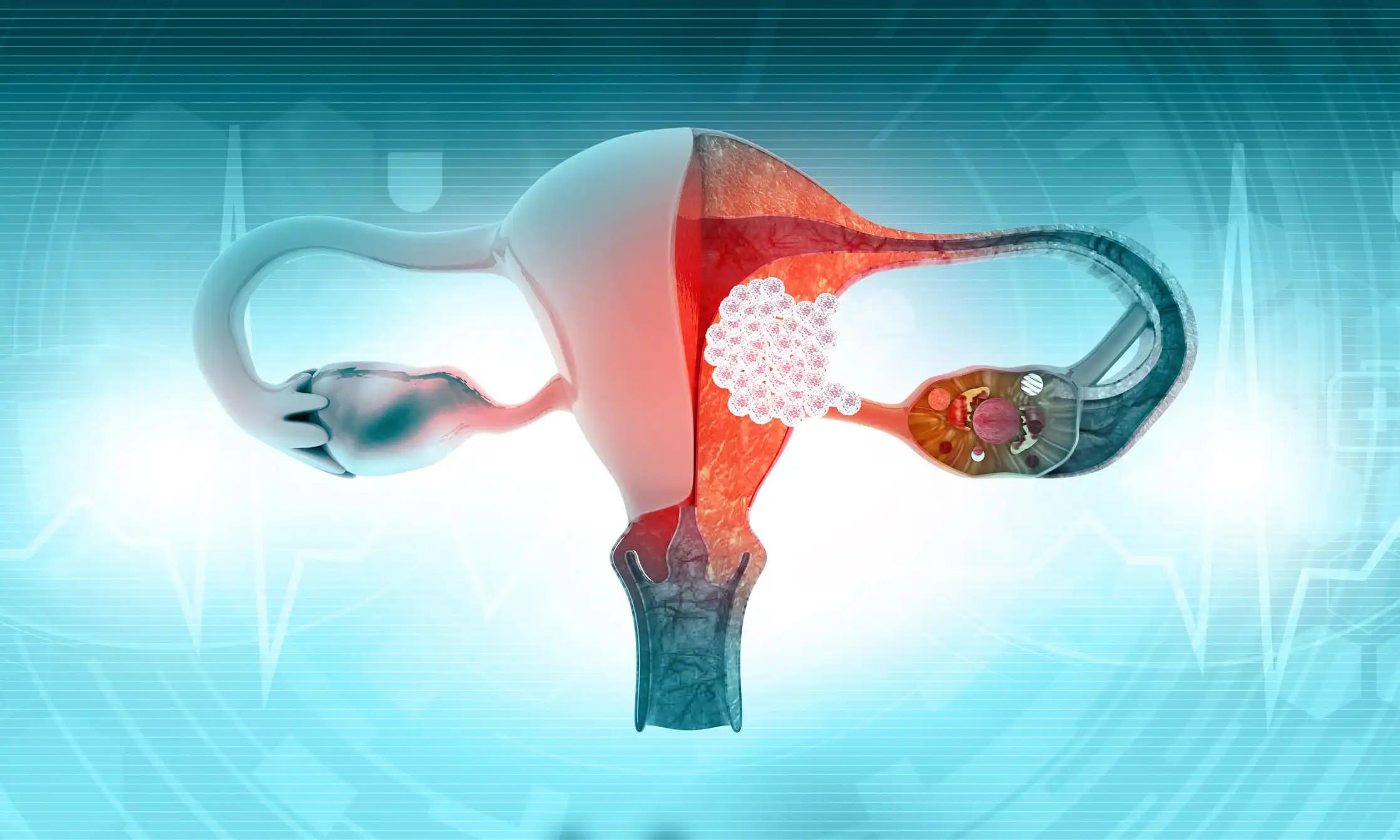KEY TAKEAWAYS
- The phase 1 & 2 aimed to investigate the antitumor activity and safety of BVAC-C in patients with HPV 16- or 18-positive recurrent CC.
- The primary endpoints were to determine safety and ORR.
- Researchers noticed that BVAC-C promising with manageable safety in HPV+ CC post-chemo failure; further research is ongoing.
In a phase I study, BVAC-C, a B cell—and monocyte-based immunotherapeutic vaccine transfected with recombinant HPV E6/E7, was well tolerated in HPV-positive recurrent cervical carcinoma patients.
In this phase IIa study, Chel Hun Choi and the team aimed to investigate the antitumor activity of BVAC-C in patients with HPV 16- or 18-positive cervical cancer (CC) who had experienced recurrence after platinum-based combination chemotherapy.
They performed an inclusive analysis of patients allocated to three arms: Arm 1 received BVAC-C injections at 0, 4, and 8 weeks; Arm 2 received BVAC-C injections at 0, 4, 8, and 12 weeks; Arm 3 received BVAC-C injections at 0, 4, 8, and 12 weeks along with topotecan at 2, 6, 10, and 14 weeks.
The primary endpoints focused on safety and objective response rate (ORR), evaluated by an independent radiologist following the Response Evaluation Criteria in Solid Tumors version 1.1. The secondary endpoints encompassed disease control rate (DCR), duration of response (DOR), progression-free survival (PFS), and overall survival (OS).
About 30 patients were available for analysis. The objective response rate (ORR) was 19.2%, with Arm 1 showing 20.0%, Arm 2 with 33.3%, and Arm 3 with 0%. The DCR was 53.8%, with Arm 1 at 57.1%, Arm 2 at 28.6%, and Arm 3 at 14.3%.
The median DOR was 7.5 months (95% CI 7.1-not reported), median PFS was 5.8 months (95% CI 4.2-10.3), and median OS was 17.7 months (95% CI 12.0-not reported). All patients exhibited inflammatory cytokine responses (IFN-γ or TNF-α) and E6/E7-specific T-cell responses post-vaccination, correlating with clinical responses.
The study concluded that BVAC-C demonstrates promise as a treatment option with a manageable safety profile for second-line treatment in this patient population. Further research is necessary to pinpoint potential biomarkers of response.
The study was sponsored by the Technology Development Program (S2369012) and funded by the Ministry of SMEs and Startups (MSS, Korea). This research was partly supported by a grant from the Korea Health Technology R&D Project through the Korea Health Industry Development Institute (KHIDI), funded by the Ministry of Health and Welfare, Republic of Korea.
The study was sponsored by the Cellid Co., Ltd.
Source: https://pubmed.ncbi.nlm.nih.gov/38605958/
Clinical Trial: https://clinicaltrials.gov/study/NCT02866006
Choi CH, Lee JW, Bae DS, et al. (2024). “Efficacy and safety of BVAC-C in HPV type 16- or 18-positive cervical carcinoma who failed 1st platinum-based chemotherapy: a phase I/IIa study.” Front Immunol. 2024 Mar 28;15:1371353. doi: 10.3389/fimmu.2024.1371353. PMID: 38605958; PMCID: PMC11007103.



